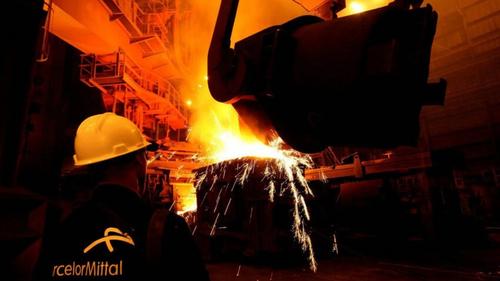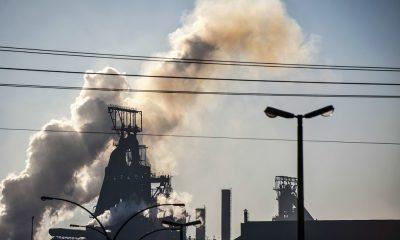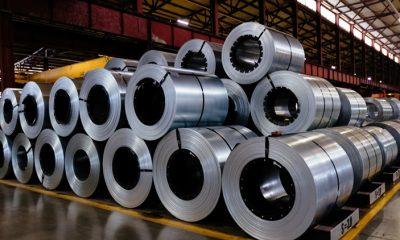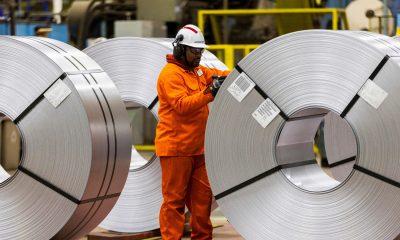411
Over 100,000 Jobs at Risk: ArcelorMittal South Africa’s Steel Business Closure Sparks Alarm

South Africa’s steel industry is on the brink of a major crisis following ArcelorMittal South Africa’s (AMSA) decision to wind down its long steel business. This move, which comes after a year of negotiations with the government and stakeholders, could lead to severe economic and employment consequences, particularly for the country’s automotive sector.
Immediate and Long-Term Impacts on Jobs
AMSA has cited unsustainable losses driven by a poor macroeconomic environment, logistics and energy challenges, and competition from low-cost imports as reasons for the closure. The decision is expected to directly and indirectly affect 3,500 jobs initially, with ripple effects putting nearly 20,000 jobs at risk in the near term and over 100,000 jobs in jeopardy over time.
Renai Moothilal, CEO of the National Association of Automotive Component and Allied Manufacturers (NAACAM), emphasized the profound impact on the automotive sector, which relies heavily on AMSA’s speciality steel for vehicle components.
“AMSA’s exit removes a critical pillar of the local automotive supply chain, threatening the industry’s competitiveness and sustainability,” Moothilal warned.
Ripple Effects on the Automotive Sector
The automotive industry, a cornerstone of South Africa’s economy, accounts for 15% of total exports and employs over 115,000 workers. With AMSA being the sole domestic supplier of approximately 70 kilotons of speciality long steel annually, its closure could disrupt supply chains, increase costs, and introduce production delays.
Key impacts include:
- Cost Increases: Component suppliers may face a 25% rise in costs due to reliance on imported steel, compounded by logistics and forex fluctuations.
- Production Delays: Extended lead times and certification processes for alternative suppliers could cause delays in vehicle production schedules.
- Job Losses: Immediate retrenchments of 3,000 workers in the automotive sector are expected, with a further 13,000 jobs at risk due to reduced production volumes.
Moothilal cautioned that long-term volatility in the supply chain could make 100,000 jobs untenable, particularly if automakers and suppliers struggle to maintain profitability.
Government’s Response to the Crisis
The Department of Trade, Industry and Competition (DTIC) has expressed its commitment to finding a sustainable solution. Trade Minister Parks Tau confirmed ongoing daily engagements with AMSA to avert the closure.
“We are cautiously optimistic,” Tau stated. “Discussions are at a sensitive stage, but we remain hopeful of reaching a resolution.”
The DTIC also emphasized the steel industry’s critical role in South Africa’s economic recovery, highlighting its importance to sectors like manufacturing, mining, and construction.
Key focus areas for recovery include:
- Addressing structural inefficiencies in the steel supply chain.
- Promoting investments in low-carbon technologies.
- Enhancing productivity and competitiveness to regain market share.
Economic and Policy Considerations
While the government works to mitigate the crisis, industry stakeholders warn of broader implications. The loss of AMSA’s long steel business undermines South Africa’s localisation efforts, making the economy more reliant on imports and exposing it to global market volatility.
The closure of AMSA’s long steel business marks a pivotal moment for South Africa’s steel and automotive industries. As the government races to find a resolution, the looming threat of massive job losses underscores the urgent need for structural reforms and innovative solutions.
The coming weeks will be critical in determining whether South Africa can avert this crisis and safeguard one of its most vital economic sectors.
Follow Joburg ETC on Facebook, Twitter , TikTok and Instagram
For more News in Johannesburg, visit joburgetc.com



























